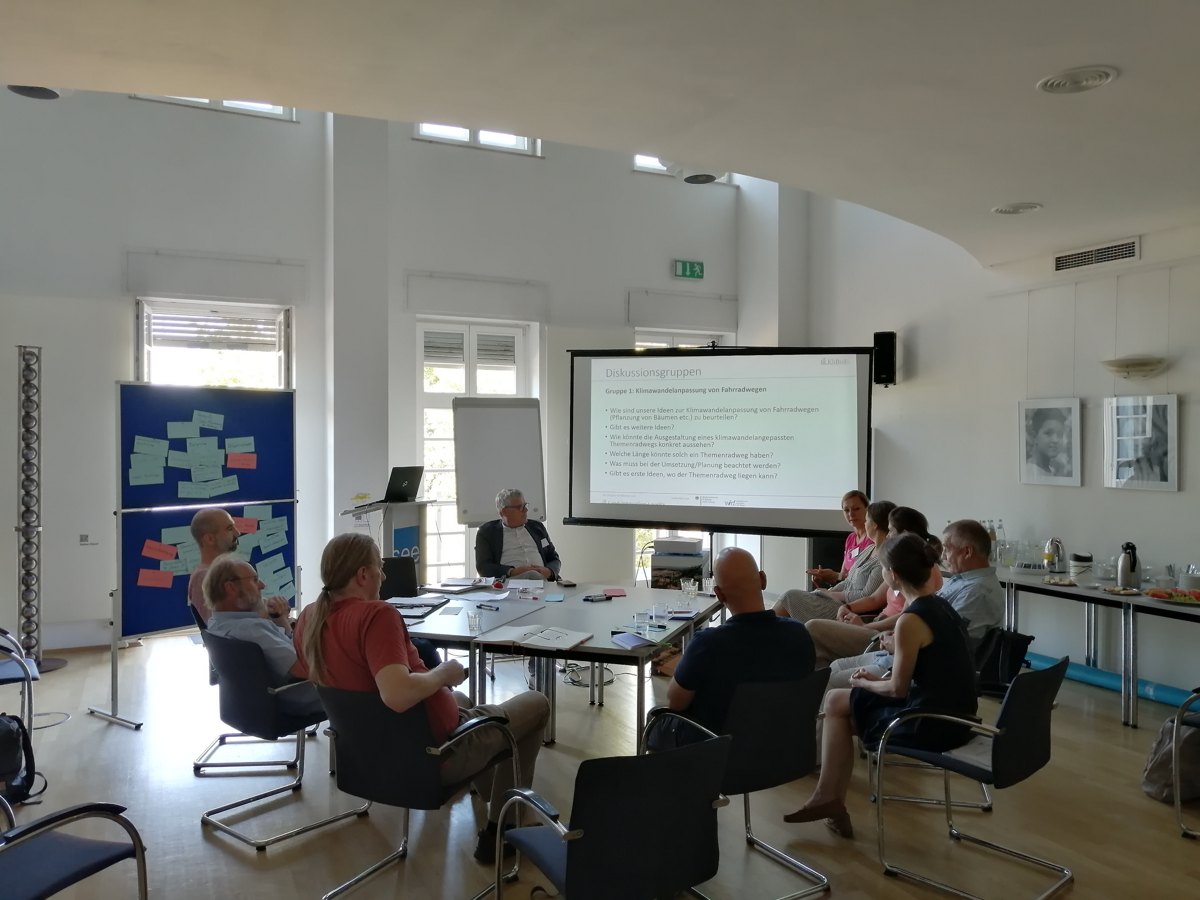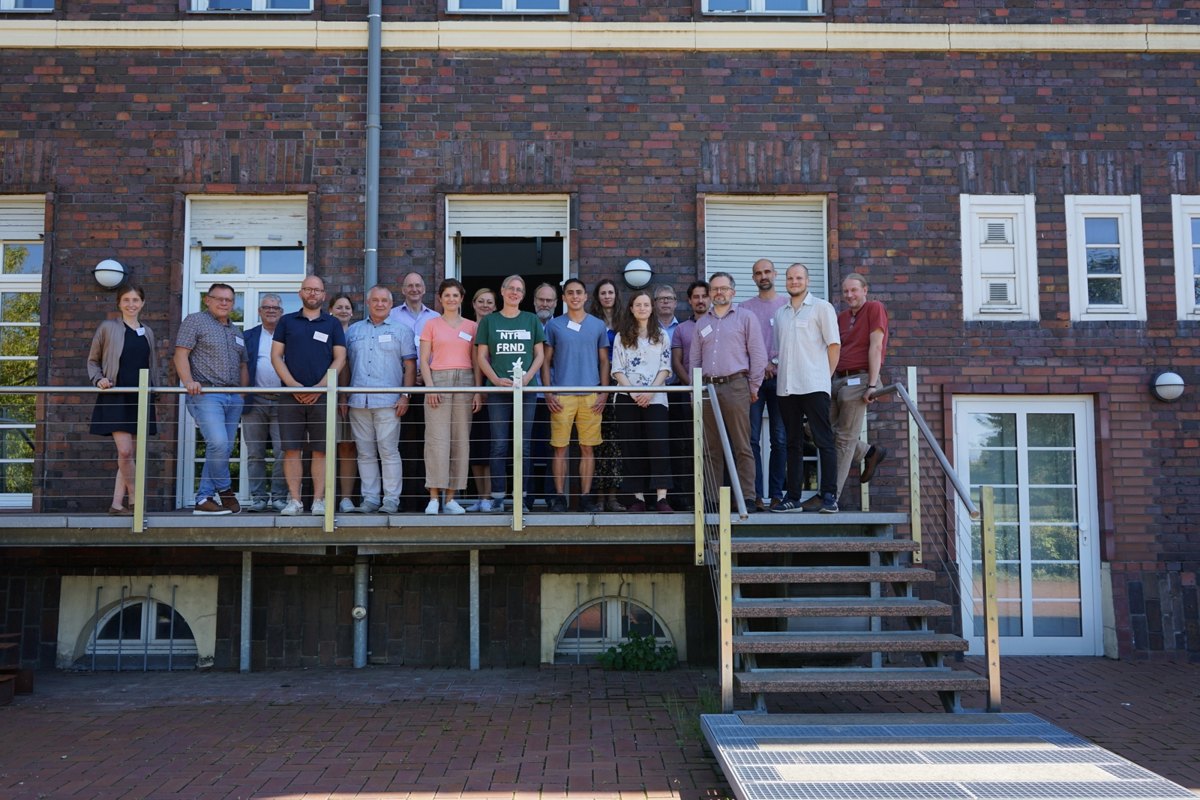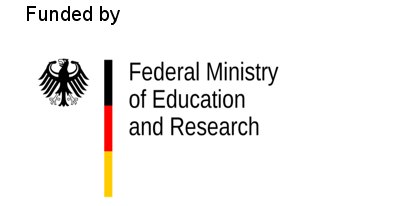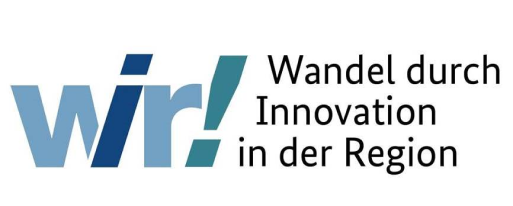Workshop I: “Cycle tourism in the Lausitz region: adapting to climate change and synergies with local agriculture “
7. September 2023
9:00 a.m. – 3:00 p.m.
IBA-Studierhaus
Seestraße 84
01983 Großräschen
Short description:
It is to be expected that climate change will increase summer periods with high temperatures and little precipitation, with effects on the attractiveness of cycle tourism in the region. However, various adaptation measures can be taken. These include, for example, planting trees that provide protection from intense sunlight and planting hedges, which also beautify the landscape and have positive effects on species conservation. Other options include rerouting cycle paths to cooler areas along waterways or through forests, and creating cool rest areas.
Your experiences and knowledge as regional actors are of great importance to us, as we would like to include your perspectives in the course of the project. At the workshop following topics were discussed:
- Adaption measures for adapting cycle routes to climate change
- Development new themed cycle routes on agriculture and climate change adaptation
- Potentials of a link between cycle tourism and local agriculture
Two further workshops, in which we would like to present and discuss interim results as well as final results, are planned until the end of the project in October 2025.


The workshop organised by the LIL project KliBioTo on the topic of "Cycle tourism in Lusatia: adapting to climate change and synergies with local agriculture" was a complete success. At the beginning, the participants, including representatives from tourism, agriculture, nature conservation, leisure activities and construction planning, were given an introduction to the objectives and content of KliBioTo.
The design of two themed cycle paths in Lusatia was then discussed intensively in groups. As well as focussing on the content, particular emphasis was placed on the preliminary planning. The participants agreed that the connection of the new cycle paths to local public transport was particularly important. They also unanimously emphasised the importance of long-term quality assurance, basic road safety and the consideration of different interest and target groups. The existing cycle network offers a variety of starting points for the sustainable support of cycle tourism in the region.
Overall, the relevance of the workshop was confirmed by the participants. Two further workshops are planned as part of the project over the next two years in order to ensure a continued exchange on the project results.






